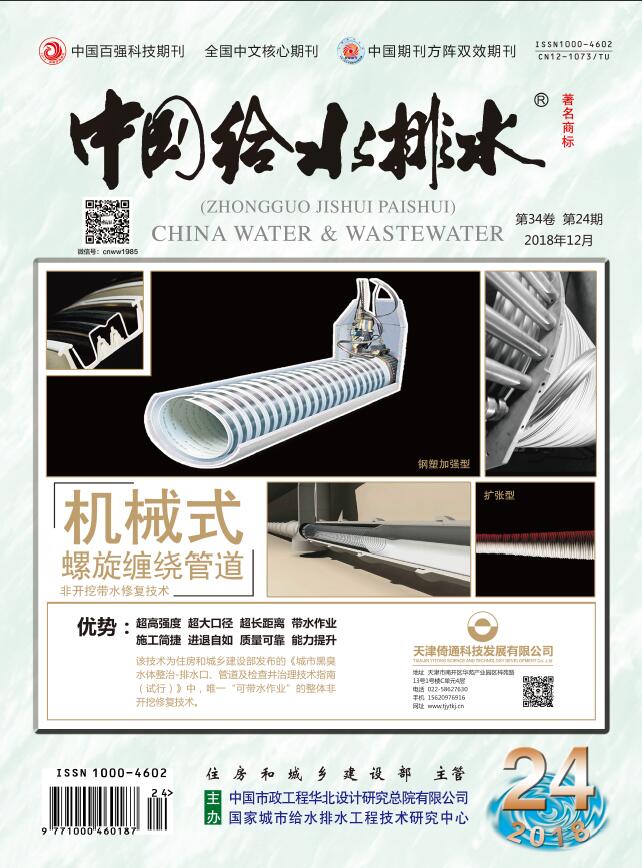KONGHai-xia,LINLi,LüYong-tao,et al.Factors Influencing Nitrous Oxide Enrichment during Nitrite Denitrification under Acidic Conditions[J].China Water & Wastewater,2024,40(23):57-63.
Factors Influencing Nitrous Oxide Enrichment during Nitrite Denitrification under Acidic Conditions
China Water & Wastewater[ISSN:1000-4062/CN:12-1073/TU]
volume:
第40卷
Number:
第23期
Page:
57-63
Column:
Date of publication:
2024-12-01
- Abstract:
- Nitrous oxide (N2O) represents a promising renewable energy source, and the accumulation of N2O during the denitrification process can serve as a foundation for its energy recovery. Following the inoculation of the denitrifying sludge, 7.17% of nitrite was transformed into N2O by reducing the influent pH to 5.0. Building upon this foundation, the impacts of acidic conditions (pH 5.0-7.0) and nitrite concentration (10-90 mg/L) on denitrification and N2O emissions were systematically evaluated through batch experiments. As pH decreased and free nitrous acid (FNA) increased, the net production rate of N2O initially rose before subsequently declining. At a pH of 5.8 and a nitrite concentration of 50 mg/L (with FNA at 0.84 mg/L), the N2O conversion rate peaked at 42.56%. Subsequent investigations utilizing microelectrodes revealed that the reduction rate of N2O diminished as the decrease of pH and the increase of FNA concentration within the range of pH 5.5 to 7.0, and a more pronounced decrease observed in the presence of FNA. In summary, both acidic conditions and FNA served as inhibitors of N2O reductase activity, with the latter identified as the primary inhibitor. Consequently, excessively low pH and elevated FNA concentration impeded the production of N2O, leading to a reduction in its net production rate.
Last Update:
2024-12-01

